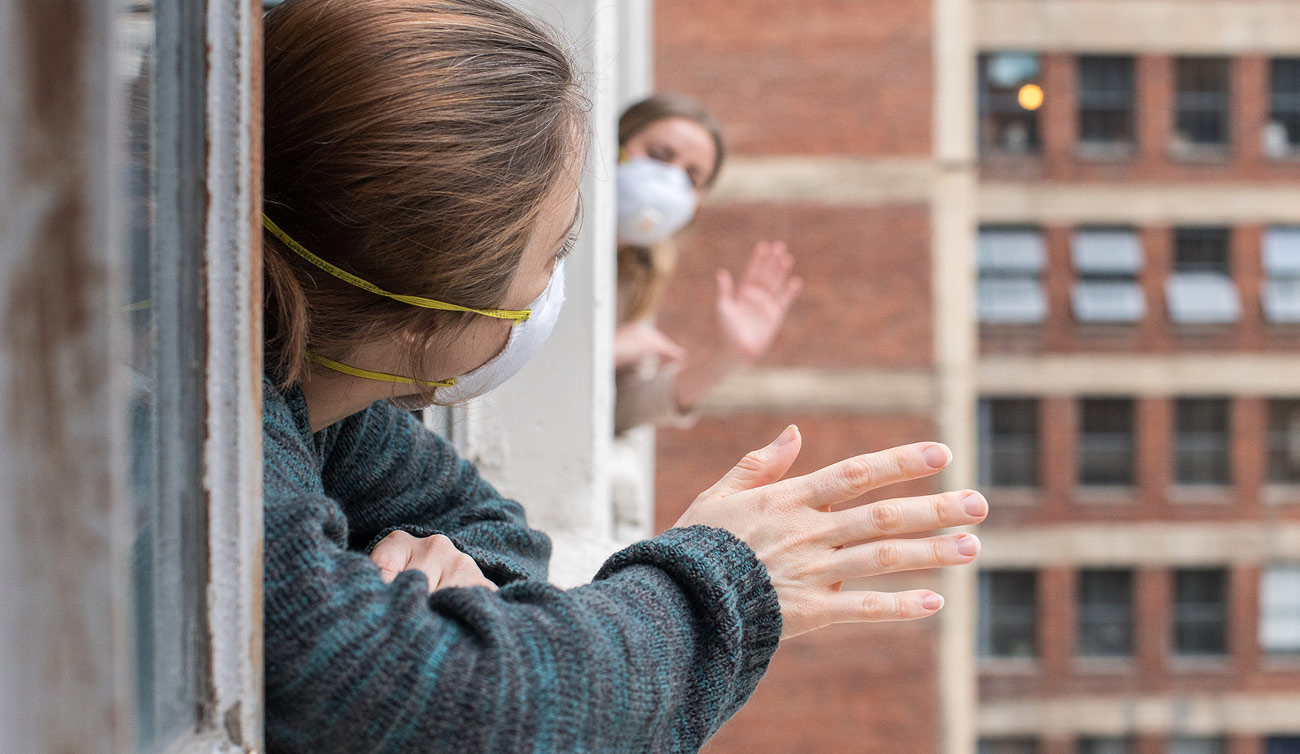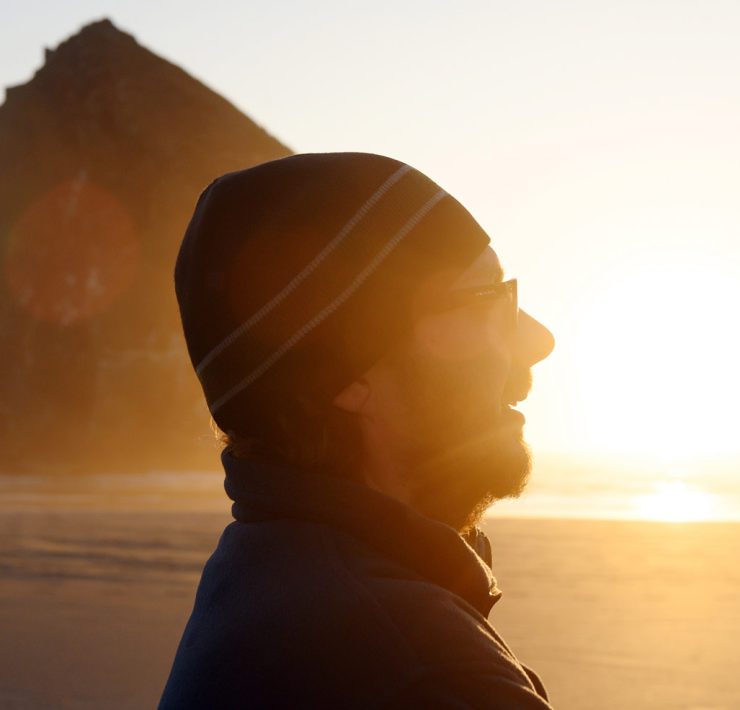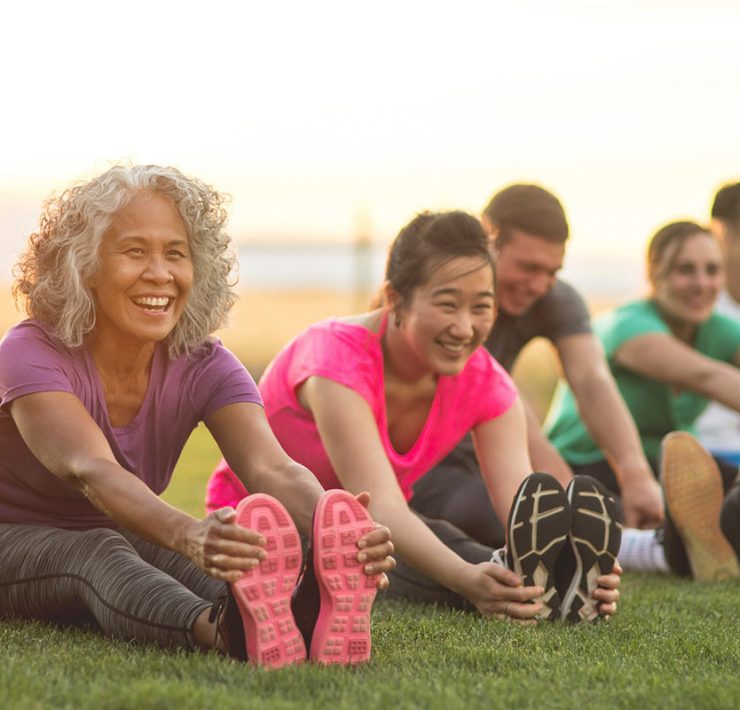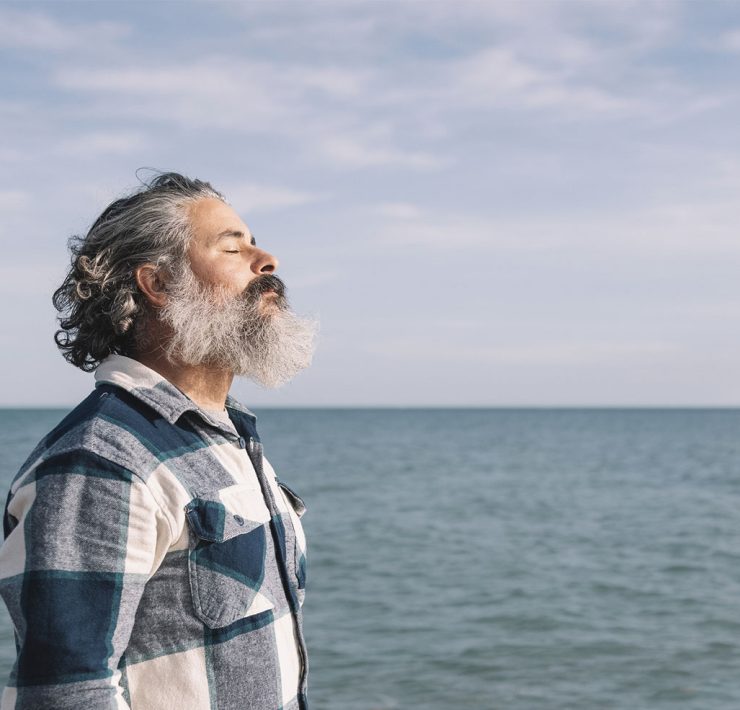Wednesday morning I awoke to a terrible headline, which is not unusual in these unusual times, but this one was more personal and just heartbreaking. The quote came through my news feed from the iconic singer/songwriter Melissa Etheridge about her 21 year old son, Beckett Cypher.
She said, “Today I joined the hundreds of thousands of families who have lost loved ones to opioid addiction.” In an undated photo, her young son’s big eyes and kind smile stared out at me. I saw no indications of pain, no signs of addiction…just a beautiful young man, embraced by his family, looking out towards the full life ahead of him. That’s the thing about mental illness and its sister affliction, substance abuse and addiction—it doesn’t look like any one thing. Sometimes it doesn’t look like anything at all. These sinister killers, still too often associated with fear and shame, claimed the lives of almost 100,000 Americans last year alone. Suicide is the second leading cause of death amongst teenagers in this country, while opioid use caused more than a million and a half people to O.D, many of them young people.
As we all find ourselves focusing on a health crisis of another kind, the fact remains, mental health in this country is an urgent, ongoing crisis and one that has only deepened as a result of the isolation and anxiety caused by COVID-19 and the adjustment to a new “normal” that for even the strongest amongst us, hardly feels normal at all. In my short time as a health reporter for a small TV station in central Pennsylvania, I did a four-part series on mental illness, and as a result, interviewed dozens of people who suffered from diseases including chronic depression, schizophrenia, and bi-polar disorder. Some of those I interviewed were children, and listening to their daily, and frequently unbridaled anguish, marked me.
What I learned in all those conversations is that mental illness doesn’t care how old you are. It doesn’t care about your race or religion. It doesn’t care if you just had a baby or are a caregiver to a sick loved one, if you are a single mother, or a Hollywood star. It’s an equal opportunity predator, and when it takes hold, all the resources in the world aren’t always enough to hold it at bay.
For those struggling right now, the struggle has gotten that much worse. I worry for my aging parents after all these months at home. I worry for my friends who live entirely alone. I worry for all the parents out there just trying to find a minute to themselves, and I worry for our children, who have no point of reference to manage a crisis of this kind. My closest childhood girlfriend told me earlier today that her 8 year old daughter isn’t sleeping. At night, she’s just too worried, too frightened and too anxious. Frankly, some of my grown-up friends aren’t faring much better. While I’m not a doctor or a psychologist, I do have a few thoughts for managing what is easily one of the most stressful times any of us has ever faced.
- Exercise, Meditation, and Yoga. Whatever your style is, however you can squeeze it into your day. Employers can even help their employees out with this with Zeel Wirtual Wellness for those working from home. Endorphins can go a long way towards managing low- to mid-level anxiety.
- Sleep. Sleep deprivation or even a more modest lack of sleep can actually cause the onset of psychological symptoms. If you have very young children, try napping with them.
- Don’t try to be a hero. (I’m talking to you, Supermom). If you’re in trouble, let someone know. You might be surprised to find that your friends and family already recognized you were struggling and were just waiting for the call.
- Telemedicine. It’s booming. Talkspace is a thing. If you need help, it’s there, even if most doctors’ offices are closed and we’re all sheltering in.
- Gratitude.Try to focus on the positive even amongst the chaotic headlines and daily tragedy tolls. We’ve all got something good going on in our lives. Sometimes it just helps to put a name to it.
Additional Mental Health Resources
- CDC resources on managing stress & anxiety
- National Suicide Prevention Lifeline: 1-800-273-8255
- Substance Abuse and Mental Health Hotline
- Free mobile apps and content to help with depression, sleep troubles, recovery and sobriety, coronavirus-specific anxieties, and more
- Anxiety and Depression Association of America resource library
Alison Harmelin is the mother of three and co-founder of Zeel, along with her husband Samer Hamadeh. Before becoming an “accidental entrepreneur,” Harmelin spent fifteen years in broadcast news as an anchor and reporter, covering such events as the September 11th attacks, the London bombings, and Hurricane Katrina.






